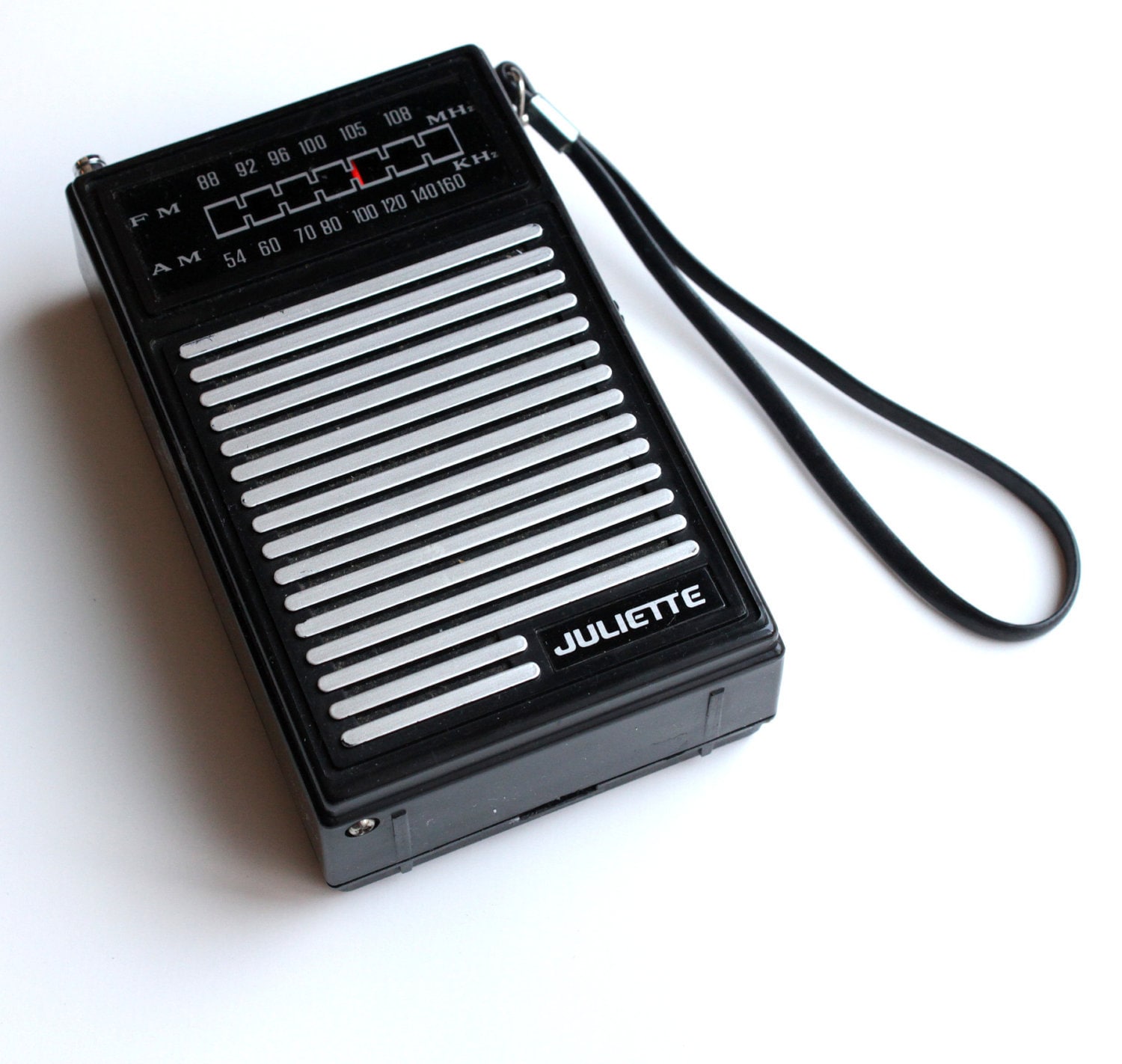
Yet Simpson uncovers fascinating commonalities across the dial-including the increasing desire of stations to attract women instead of men-that fundamentally changed the sound of pop music. Each format promised to serve up a distinct listening demographic to hungry advertisers. Examining everything from monster hits to obscure and often-hilarious novelty tunes, Kim Simpson shows how Top 40 splintered into middle of the road soft rock, album-oriented hard rock, crossover soul and disco, and country pop. " Early '70s Radio is a fast-paced romp through the formatting revolution that changed the ways pop music continues to be sliced and diced. –– David Sanjek, Professor of Music Director, Salford Music Research Centre University of Salford, U.K. His skilful scholarship and attention to detail clarify that what we listen to and how we lead our lives do not march to separate beats, for our actions and our aesthetic preferences bear subtle and significant harmonies." Kim Simpson’s Early ‘70s Radio reunites the items found on playlists with the passions and polemics that infused a complicated decade.

"Too often we separate the agendas contained in business plans from the decisions of daily life. Radio-TV Editor, Billboard, 1964-79, and Assistant Communications Professor, State University of New York at Brockport, 1983-89 It was our life! And he employs penetrating wisdom and astonishing perception to correlate music with the cultural mores of our times and depict what really was and why. He treats with respect what all of us in the 60s and 70s took seriously.

Thus, I’m pleased to read this wonderful, compelling book by Kim Simpson. This included the disc jockey, the program director, and the general manager as more and more of them graduated from programming into management. "All of the men and women, though the latter were few in music radio for many years, took radio programming seriously not only as a career, but also with passion for its viability. Early '70s Radio is must reading for anyone interested in the unique role specialized audio programming played in an era of historic social change." Ultimately, Simpson’s astute assessment of radio’s second heyday adds richly to the ever-growing canon of media studies. "Kim Simpson does a superb job analyzing the manifold factors that contributed to the radio format revolution while advancing the reader’s understanding of a transformative period in American culture. Hee Haw and the CBS Country Massacre of 1971.


 0 kommentar(er)
0 kommentar(er)
